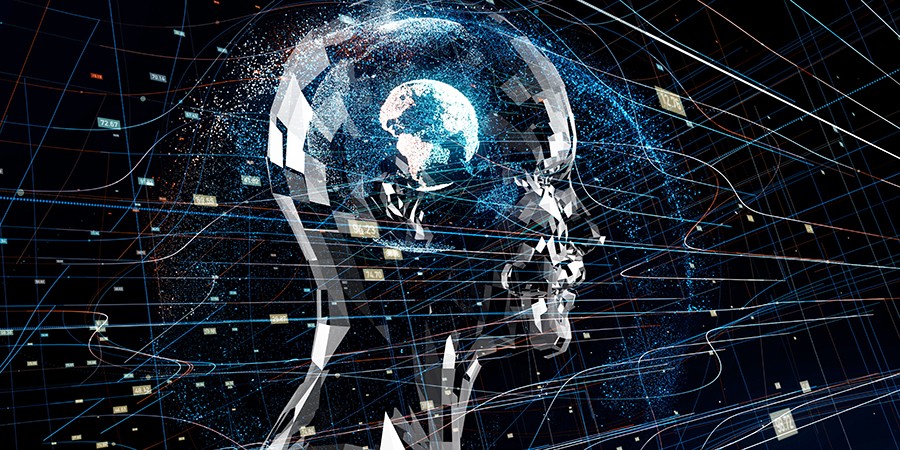Enterprises are now turning to AI for more reliable, improved and efficient operations. However, this requires access to a full technology stack with trusted data, speed and governance. Companies like IBM, Microsoft, Google and Amazon Web Services (AWS) have taken steps to advance their offerings to cater to this demand.
Also Read: How Artificial Intelligence Will Transform Businesses in 2023
Watsonx is IBM’s new platform to be released for foundation models (FMs) and generative AI, giving clients access to the toolset, technology, infrastructure and consulting expertise they need.
With three unique product sets, IBM WatsonX offers a studio and data store, to be generally available in July 2023, and a governance toolkit later this year.
Also Read: Exploring Generative AI
Investing heavily in the development of AI and ML and infusing these capabilities into every business unit, Amazon also announced four innovations to support generative AI applications. These include Amazon Bedrock, which opens up an array of FMs from leading providers, providing flexibility in using the best AI models for their specific needs.
Moreover, the general availability of Amazon EC2 Inf2 instances powered by AWS Inferentia2 chips lowers the cost of running generative AI workloads. Powered by AWS Trainium chips, developers can train models more quickly and at a lower cost.
For real-time coding assistance, Amazon CodeWhisperer uses generative AI to provide code suggestions in real time, based on a user’s comments and their prior code.
Also Read: AI Chatbots Attract Global Scrutiny
As for Microsoft and Google, they have been competing to go against OpenAI’s ChatGPT, one of the most popular AI advancements at the moment.
At Google’s recently concluded annual I/O event, it unveiled its newest and best large-language model, Palm 2. The new model is trained on 100 human languages and 20 coding languages. It was also trained on a massive amount of scientific and mathematical texts to give accurate “reasoning” abilities.
Google is positioning generative AI as the future of search. This is why Palm 2 brings new powers to Google’s Bard assistant, which thus far has failed to measure up to its chatbot rivals.
Also Read: Despite the Hype, ChatGPT a Flawed Concept of Language and Knowledge
A recent Microsoft survey found that nearly 9 in 10 business users want to apply AI solutions to more tasks. In response to this demand, the company has combined sales, service and marketing through Microsoft Dataverse and Dynamics 365 Customer Insights and applied its Copilot generative AI to this configuration.
The Microsoft 365 Copilot runs through the company’s OpenAI implementation, built on Azure.
It is worth noting that Microsoft has spent hundreds of millions of dollars, connected tens of thousands of Nvidia A100 chips and reworked server racks to build the hardware behind ChatGPT and its own Bing AI bot.










